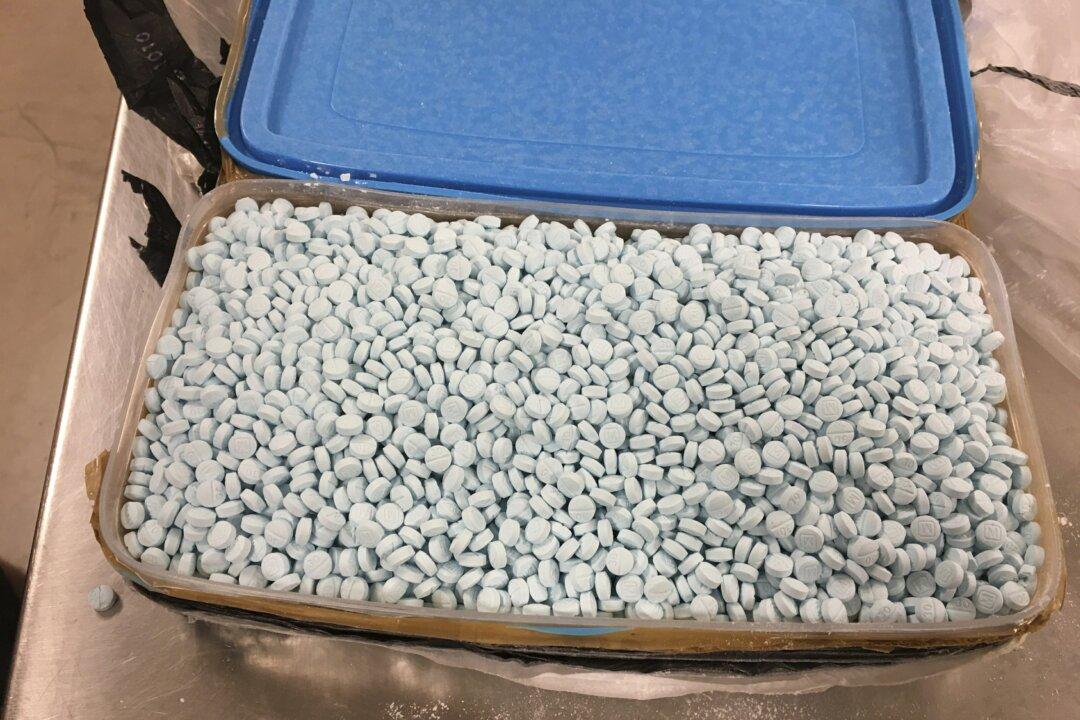A Southern California man has been charged with selling a synthetic opioid that is three times more powerful than fentanyl and killed a 22-year-old buyer, the U.S. Attorney’s Office in Los Angeles announced Nov. 21.
Benjamin Anthony Collins, 21, of Santa Clarita in northwestern Los Angeles County, was charged with one count of distribution of protonitazene, resulting in death.





